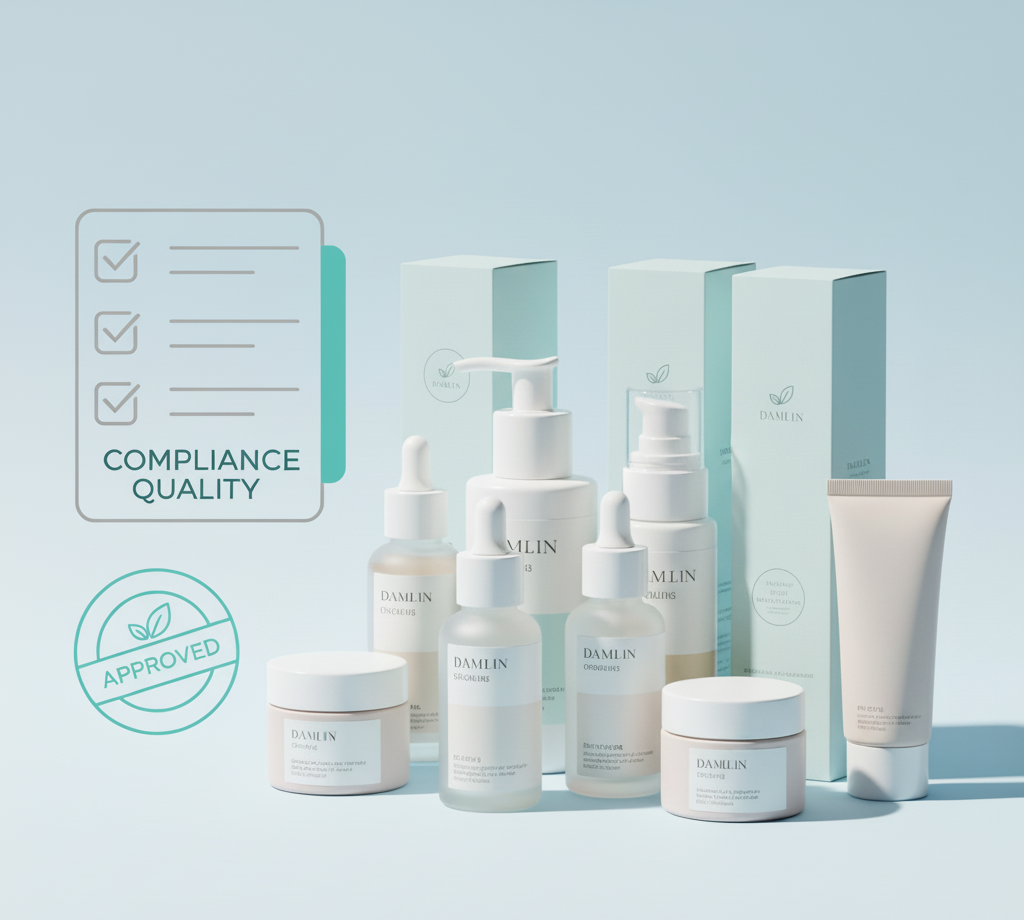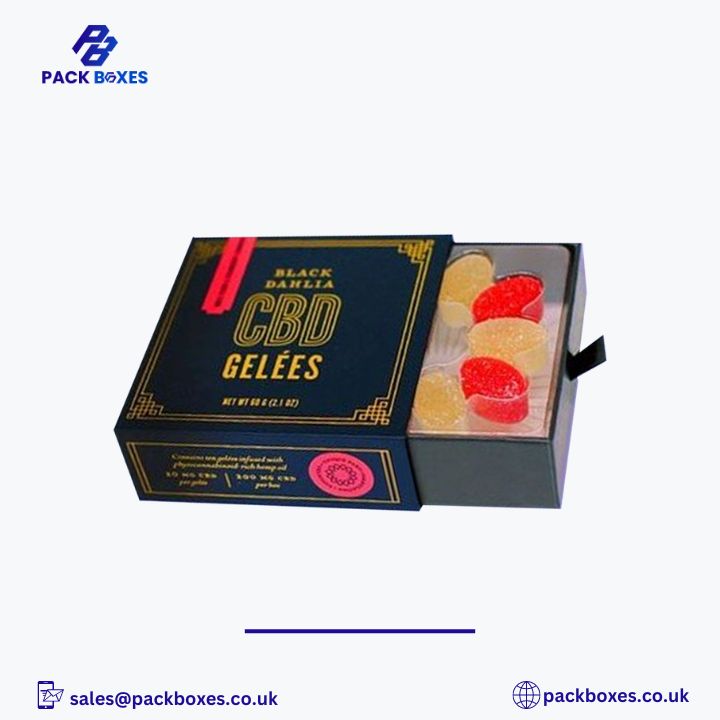Selling skincare products has become one of the fastest-growing business opportunities in the beauty and cosmetics industry. Whether you are launching a new organic skincare brand, creating handmade moisturisers, or building a complete clinical-grade product line, one of the biggest questions that new sellers ask is:
“Do I need FDA approval to sell skincare products?”
If you’re operating in the UK, the answer is slightly different from the rules in the United States. However, the concept of product safety, correct labelling, and compliance still applies — and it’s essential to understand the regulatory landscape before launching your brand.
This detailed guide explains:
- Whether FDA approval is required
- What regulations apply in the UK
- How to legally sell skincare products
- What documentation and packaging standards you must meet
- Why choosing the right packaging partner is critical
- 10 FAQs to help beginners and small businesses
Let’s break it down step by step.
Is FDA Approval Required to Sell Skincare Products in the UK?
No. FDA approval is NOT required to sell skincare products in the UK.
The FDA (Food & Drug Administration) is an American regulatory body. It does not regulate cosmetic or skincare products being sold in the UK.
However, this does not mean skincare products can be sold freely without rules. In the UK, the primary regulatory authority is:
UK Cosmetic Regulation Authority Under UK Cosmetic Regulation (Schedule 34 of the UK Cosmetics Regulation 1223/2009)
Any skincare product sold in the UK must comply with UK cosmetic regulations, which include:
- Safe ingredient formulation
- Reliable stability testing
- Proper labeling
- Responsible Person (RP) appointment
- Cosmetic Product Safety Report (CPSR)
- Notification to the UK Submit Cosmetic Products Notification Portal (SCPN)
Even though the FDA is not involved, the UK has very strict and detailed cosmetic compliance laws that every small and large brand must follow.
Why the Confusion About FDA Approval?
Many online sellers follow international guidelines or read information that applies to the U.S. market. In the United States:
- The FDA does NOT pre-approve cosmetics.
- However, the FDA can take action if products are unsafe, mislabelled, or contain illegal ingredients.
The confusion occurs because sellers assume skincare = medicine. But cosmetics and drugs are different:
Cosmetics (Skincare Products)
- Cleansers
- Lotions
- Moisturisers
- Face masks
- Serums (non-medicated)
These DO NOT require FDA approval before sale in the US or UK.
Drugs (Medical Claims Skincare)
- Acne treatment
- Whitening/bleaching with hydroquinone
- SPF sunscreen
- Eczema creams
These DO require regulatory approval in the US.
But again — in the UK, the FDA plays no role at all.
Who Regulates Skincare Products in the UK?
If you are selling skincare in the UK, the product must comply with:
1. UK Cosmetics Regulation (UKCR)
This covers product safety, banned ingredients, and testing standards.
2. Office for Product Safety and Standards (OPSS)
This is the main enforcement authority.
3. Submit Cosmetic Product Notification (SCPN)
Every product must be registered here before being sold.
4. Trading Standards
Ensures packaging and labelling accuracy.
Even though you do not need FDA approval, failing to follow UK laws can result in:
- Product seizures
- Fines
- Brand shutdown
- Loss of customer trust
So regulatory compliance is extremely important.
Mandatory Legal Requirements for Selling Skincare in the UK
To legally sell skincare products in the UK, you must complete the following steps:
1. CPSR (Cosmetic Product Safety Report)
This is one of the most important documents. A professional cosmetic chemist must test and confirm your product is safe for use.
A CPSR includes:
- Toxicology assessment
- Stability test
- Ingredient analysis
- Microbiological risk report
You cannot legally sell skincare without a CPSR.
2. Responsible Person (RP)
This can be you or a third-party company.
The RP ensures:
- Product compliance
- Safety reports
- Correct labeling
- Handling consumer complaints
If you want to sell in the EU, you need an EU-based RP as well.
3. SCPN Registration
Before any product goes on sale, it must be registered.
This includes:
- Ingredient list
- Product image
- Packaging artwork
- Safety report
- Contact details of RP
This ensures UK authorities can trace the product.
4. Correct Labelling
Your product label must contain:
- Product name
- Function or usage
- Ingredient list (INCI format)
- Allergens
- Batch number
- Net weight
- Warnings
- Responsible Person contact
- Country of origin
- Expiry or Period After Opening (PAO) icon
Improper labelling can get your product removed from shelves even if the formula is safe.
5. Proper Packaging
Packaging plays a major role in:
- Product safety
- Brand presentation
- Legal compliance
- Protecting formulas
- Preventing contamination
Many UK brands choose high-quality custom printed boxes, especially those produced by such as Custom Printed Skincare Product Packaging Manufacturers.
Why Packaging Matters for Skincare Product Compliance?
Skincare packaging is not just for branding — it’s a legal requirement.
Your packaging must:
- Protect the formula from contamination
- Prevent leakage
- Be safe and non-reactive
- Display legal labelling
- Keep products stable
- Maintain shelf life
This is why many successful UK skincare brands choose to work like Custom Printed Skincare Product Packaging Manufacturers who understand industry standards.
Role of Custom Packaging for Luxury Skincare Brands
In today’s market, packaging is often the first thing customers notice. Having high-quality printed skincare boxes helps:
- Build trust
- Create a professional appearance
- Increase perceived value
- Improve unboxing experience
- Support branding
- Meet UK cosmetic labeling requirements
Brands using premium packaging often gain a competitive advantage.
When choosing packaging partners like Custom Printed Skincare Product Packaging Manufacturers, brands can expect:
- Eco-friendly materials
- Accurate colour printing
- Durable cosmetic-grade packaging
- Custom inserts
- Embossing, foiling, matte or gloss finishes
All of which help your product stand out in a saturated market.
Selling Skincare in the UK Without Approval: Is It Safe?
Yes — as long as you meet all legal requirements.
You don’t need FDA approval, but you must follow UK regulations strictly. Any misstep may result in enforcement action.
Does Selling Handmade Skincare Require Approval?
Yes.
Even if products are handmade, small-batch, or homemade, they still require:
- CPSR
- RP
- Correct labelling
- SCPN notification
- Proper packaging
There is no legal exemption for small sellers or home businesses.
Can You Sell Skincare on Etsy, TikTok, Instagram or Amazon in the UK?
Yes — but the rules remain the same.
Platforms like Amazon, Etsy, and TikTok Shop require:
- CPSR
- UK Responsible Person
- Compliant labelling
- Product registration
Amazon specifically checks all documentation before allowing product listing.
Benefits of Using Professional Packaging for Skincare Products
Here’s how the right packaging helps your skincare brand:
1. Improves Brand Credibility
Customers trust products that look professional.
2. Protects Product Integrity
Prevents contamination, breakage, and leakage.
3. Supports Compliance
Allows space for labelling and legal information.
4. Enhances Customer Experience
High-quality unboxing increases brand loyalty.
5. Helps in Marketing
Attractive boxes generate social media attention.
Custom packaging is a necessity, not a luxury — especially for skincare.
10 FAQs About Selling Skincare Products in the UK
1. Do I need FDA approval to sell skincare in the UK?
No. FDA approval is only relevant in the United States.
In the UK, cosmetic regulations apply under UK law.
2. Is it legal to sell homemade skincare?
Yes, but you must complete CPSR, proper labelling, and product registration before selling.
3. What documents do I need to sell skincare legally?
- CPSR
- SCPN registration
- Labelling compliance
- Responsible Person appointment
- Packaging artwork
4. Do I need a business license to sell skincare online?
Not in most cases, but you must follow UK consumer and cosmetic laws.
5. Can I sell skincare on Amazon UK?
Yes, but Amazon requires CPSR and certificate verification before approval.
6. Do natural or organic skincare products need approval?
Yes, all skincare—organic or not—requires safety testing and CPSR.
7. Can I sell skincare without ingredient listing?
No. INCI ingredient listing is legally mandatory.
8. Do I need insurance to sell skincare products?
Product liability insurance is strongly recommended.
9. How long does it take to get a CPSR?
Usually 3–10 working days depending on formula complexity.
10. Do I need custom packaging to sell skincare?
While not legally mandatory, it is highly recommended for compliance, branding, and customer trust. Working with professional manufacturers helps ensure legal labelling and packaging durability.
Conclusion
Selling skincare products in the UK is a lucrative business, but it must be done legally and professionally. You do not need FDA approval, but you must comply with UK cosmetic regulations — including safety reports, proper labelling, and correct packaging.
Choosing high-quality packaging partners like Custom Printed Skincare Product Packaging Manufacturers helps you create a professional, compliant, and trusted skincare brand.







